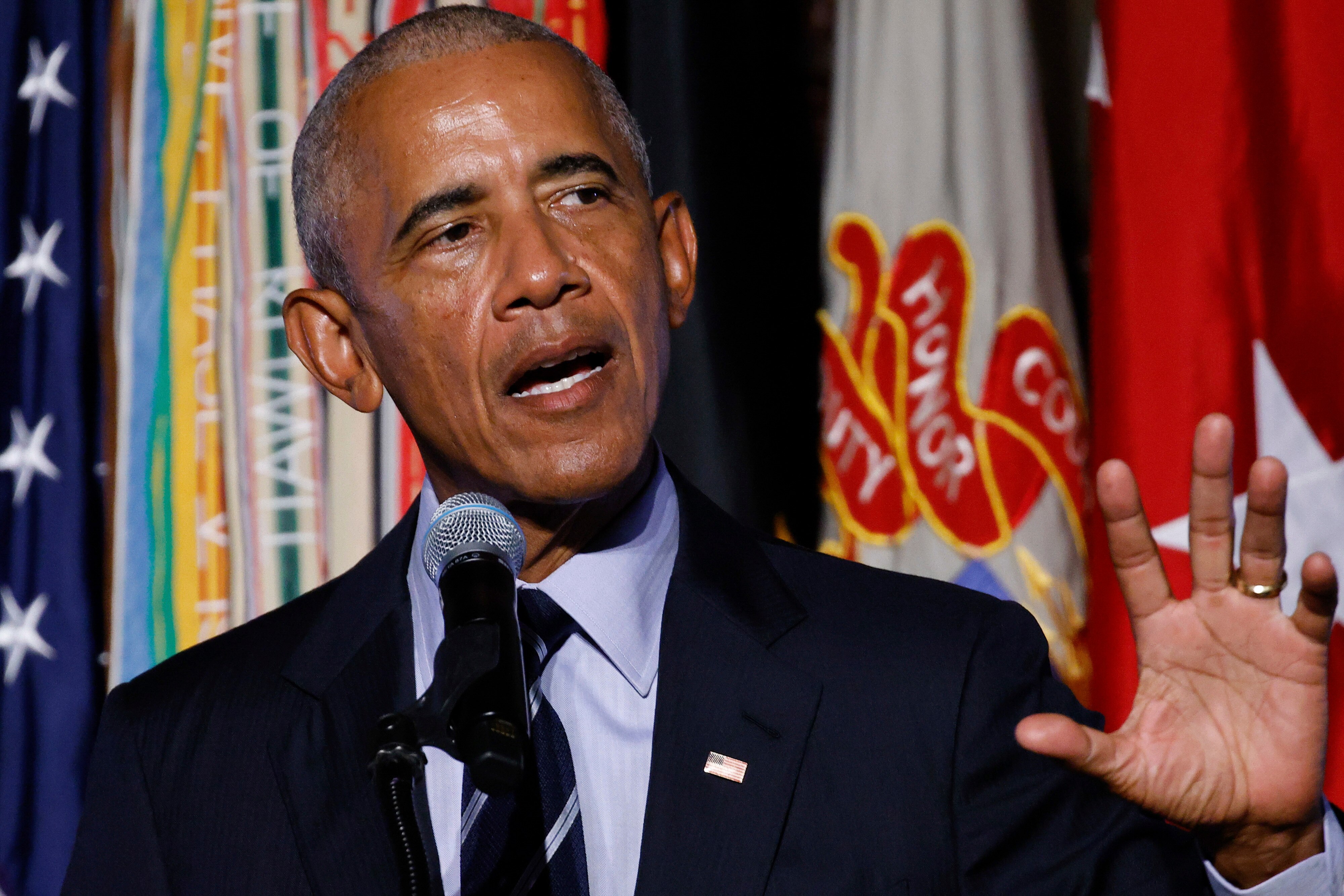CURRENT EDITION: baltimore (none)🔄 Loading BlueConic...EDITION HISTORY: No changes tracked
🔵 BlueConic: ___🔗 Query: ___✏️ Composer: ___
Former President Obama endorses Alsobrooks in Maryland’s US Senate race
U.S. Senate candidate Angela Alsobrooks is getting a boost from one of the biggest names in Democratic politics: former President Barack Obama.
Maryland State Police to pay $2.75M to settle hiring discrimination case
The agency will also rework testing requirements following a two-year investigation by the federal government into hiring practices.
Gov. Moore shares ‘Oh my God’ Biden moment, describes missteps in Orioles lease talks
Speaking at The Baltimore Banner’s iMPACT Maryland event, Moore said he didn’t do the best job explaining what it meant for the state and the baseball team to sign a memorandum of understanding — news that was flashed on the ballpark video board in the middle of a game.
Hogan vows independence, but Alsobrooks wants the Republican Party on the ballot
The two campaigns and their supporters are taking different strategies in a race that could be as close as a dead heat between Angela Alsobrooks and Larry Hogan.
King of Jordan meets Gov. Wes Moore in rare visit by head of state
The two leaders shared brief remarks ahead of a roundtable discussion with business and university leaders, expressing mutual admiration and a broad desire to find “synergies” between Jordan and Maryland.
King of Jordan to visit Gov. Moore in Annapolis Wednesday
The king’s visit comes as the Middle East region is embroiled in conflict as Israel fights Hamas in Gaza and Hezbollah in Lebanon.
Maryland sues Dali cargo ship owner, manager over Key Bridge crash
The state alleges that the government itself and the people of Maryland have suffered massive losses from the bridge collapse, and that it was caused by negligence and shortcuts by the Dali’s crew, owner and manager.
State Key Bridge lawsuit likely, with announcement planned Tuesday
Neither the governor nor attorney general offered details on their announcement, but it comes just before a deadline to file legal claims against the ship's owner and operator.
Alsobrooks promises to pay back property taxes on Maryland, D.C. homes
U.S. Senate candidate Angela Alsobrooks is pledging to pay the government back for tax breaks she incorrectly received on two properties she owned.
Maryland election officials confident post office is reliable for mail ballots
Maryland has one of the most generous timetables in the nation — and that means that there’s little chance that a mail-in ballot won’t arrive by the cutoff.
State election board seeks to count Harborplace votes while appeal waits
Maryland Elections Administrator Jared DeMarinis wrote on social media that his agency made the request in an effort to prevent “potential disenfranchisement” or “undervoting” while an appeal is ongoing.
Maryland U.S. Rep. Andy Harris is new chair of the House Freedom Caucus
Harris told Fox News the Freedom Caucus would focus on reining in government spending and changing intraparty Republican rules.
Maryland among elections offices targeted by suspicious packages
The U.S. Postal Service intercepted a suspicious package intended for the Maryland State Board of Elections office, according to officials.
What we know about Maryland Gov. Wes Moore and the Bronze Star
Two veterans who help investigate cases of people lying about their military records said Gov. Wes Moore inaccurately claiming a Bronze Star on a White House application was not stolen valor.
Report: Gov. Wes Moore inaccurately claimed Bronze Star on 2006 application
“I made an honest mistake by including something because my commanding officer thought it was a good idea,” Moore said Thursday. “He thought that I earned it and he was already going through the paperwork to process it.”
RFK Jr. is no longer running for president, but he’ll be on Maryland’s ballot
Before dropping out, Robert F. Kennedy’s supporters had amassed enough signatures on a petition to get him on Maryland’s ballot as a presidential candidate, state elections officials declared on Tuesday.
Hogan and Alsobrooks are tied in US Senate race, poll finds
National elections prognosticators have rated Maryland’s Senate race as “leans” or “likely” Democratic, but the new poll shows that the race is closer than some analysts have predicted.
Larry Hogan won two terms as governor. A Senate victory will be more challenging.
Voters rarely elect U.S. senators who are from the opposite party from the one that dominates their state. Hogan is trying to buck that trend in his race against Democratic nominee Angela Alsobrooks.
Federal appeals court upholds Maryland’s handgun license requirements
A federal appeals court ruled Friday in favor of Maryland’s tough requirements for obtaining a handgun license, a blow to gun rights supporters who have been fighting the law for years and a win for gun safety advocates.
Angela Alsobrooks meets her moment at the Democratic National Convention
Alsobrooks used her time to both tell part of her own personal story as well as to boost the candidacy of presidential nominee Kamala Harris.

















